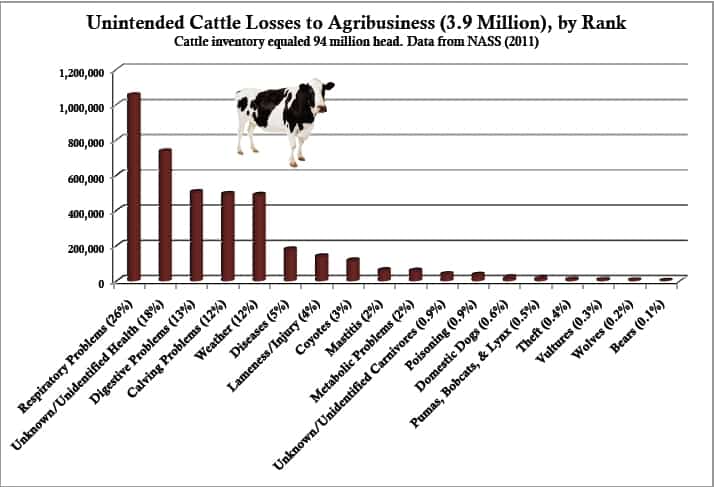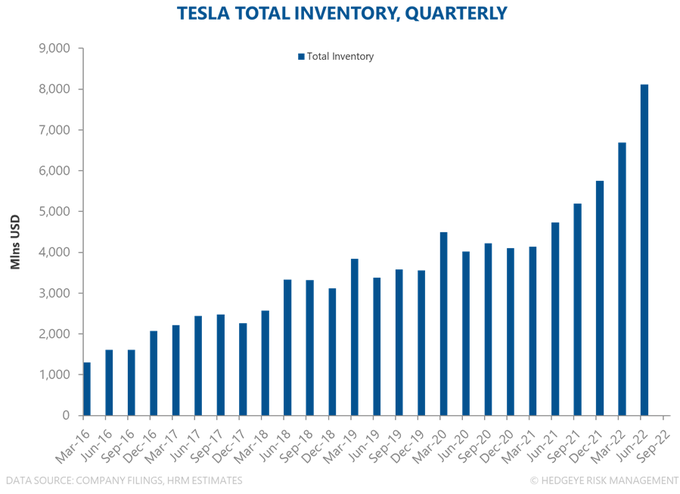Effective Middle Management: The Foundation For A Thriving Organization

Table of Contents
The Key Roles and Responsibilities of Effective Middle Managers
Effective middle managers serve as the vital link between senior management's strategic vision and the day-to-day operations of frontline teams. They translate high-level goals into actionable plans, ensuring that everyone is working towards a common objective. This crucial role encompasses a wide range of responsibilities, including:
-
Communication: Facilitating clear and consistent communication flow both upwards (to senior management) and downwards (to team members). This involves active listening, concise messaging, and regular feedback.
-
Delegation: Assigning tasks effectively based on individual skills and capabilities, fostering a sense of ownership and responsibility within the team.
-
Performance Management: Monitoring team performance, providing regular feedback, identifying areas for improvement, and implementing strategies to enhance productivity.
-
Team Building: Cultivating a positive and collaborative work environment where team members feel valued, supported, and empowered.
Here's a breakdown of key responsibilities:
- Strategic implementation: Translating high-level strategies into actionable plans for their teams.
- Resource allocation: Effectively managing budgets, personnel, and other resources to maximize efficiency.
- Performance monitoring: Tracking progress against goals, identifying bottlenecks, and proactively addressing challenges.
- Mentorship and development: Guiding and supporting team members' professional growth through coaching, training, and mentorship opportunities.
- Conflict resolution: Addressing interpersonal conflicts fairly and efficiently to maintain a harmonious work environment.
Essential Communication Skills for Successful Middle Management
Clear, consistent, and transparent communication is the bedrock of successful middle management. Effective communication ensures that everyone is informed, aligned, and working towards the same objectives. This involves mastering various communication methods:
-
Upward Communication: Effectively conveying team performance, challenges, and feedback to senior management.
-
Downward Communication: Clearly communicating organizational goals, strategies, and expectations to team members.
-
Lateral Communication: Facilitating effective communication and collaboration between different teams and departments.
Key communication skills for high-performing middle managers include:
- Active listening: Truly hearing and understanding the perspectives of both senior management and team members.
- Clear and concise messaging: Avoiding jargon and ensuring messages are easily understood by all audiences.
- Regular feedback: Providing constructive feedback to both superiors and subordinates to improve performance and address concerns promptly.
- Open communication channels: Fostering a culture of open dialogue and feedback, encouraging two-way communication.
- Effective use of technology: Leveraging communication tools and platforms to enhance efficiency and collaboration.
Developing High-Performing Teams Through Effective Middle Management
Effective middle management plays a pivotal role in building strong, motivated, and high-performing teams. This involves more than just assigning tasks; it requires fostering a culture of empowerment, collaboration, and recognition.
Strategies for building high-performing teams include:
-
Delegation: Assigning tasks strategically based on individual strengths and capabilities, fostering a sense of ownership and responsibility.
-
Empowerment: Giving team members the autonomy and decision-making power to take initiative and solve problems independently.
-
Motivation and Engagement: Creating a positive and supportive work environment where team members feel valued, respected, and motivated to contribute their best.
-
Recognition and Rewards: Acknowledging achievements and contributions, both big and small, to reinforce positive behaviors and boost morale.
-
Team Building Activities: Engaging in team-building exercises and activities to promote collaboration, camaraderie, and strengthen team cohesion.
The Impact of Effective Middle Management on Organizational Performance
The positive effects of effective middle management are far-reaching and significantly impact an organization's overall performance. Investing in effective middle management translates directly into improvements in key performance indicators (KPIs):
-
Increased Employee Engagement and Retention: When employees feel valued, supported, and empowered, they are more likely to be engaged and committed to the organization.
-
Improved Operational Efficiency: Effective middle managers streamline processes, optimize resource allocation, and improve overall operational efficiency.
-
Enhanced Productivity and Performance: Highly motivated and well-managed teams consistently deliver higher levels of productivity and performance.
-
Stronger Organizational Culture: Effective middle managers cultivate a positive and collaborative work environment that strengthens the overall organizational culture.
-
Better Alignment between Strategic Goals and Operational Execution: They ensure that the strategic vision is effectively translated into actionable plans and executed at the operational level.
Conclusion
Investing in effective middle management is paramount for any organization striving for success. By focusing on clear communication, team building, performance management, and strategic implementation, organizations can unlock the full potential of their workforce. The key takeaways discussed – strong communication, team development, and performance monitoring – directly contribute to increased employee engagement, improved productivity, and a more thriving organizational culture. Investing in effective middle management is an investment in your organization's future. Start building a high-performing middle management team today, and watch your organization thrive! Developing robust strategies for effective middle management will yield significant returns in terms of overall organizational performance and long-term success.

Featured Posts
-
 Ariana Biermann And Her Boyfriend Explore Alaska
Apr 27, 2025
Ariana Biermann And Her Boyfriend Explore Alaska
Apr 27, 2025 -
 Green Bay Packers A Look At Their 2025 International Game Chances
Apr 27, 2025
Green Bay Packers A Look At Their 2025 International Game Chances
Apr 27, 2025 -
 Hackers Office365 Exploit Millions In Losses Reported By Feds
Apr 27, 2025
Hackers Office365 Exploit Millions In Losses Reported By Feds
Apr 27, 2025 -
 Understanding Teslas Canadian Price Increase And Inventory Management
Apr 27, 2025
Understanding Teslas Canadian Price Increase And Inventory Management
Apr 27, 2025 -
 Charleston Open Pegula Upsets Defending Champion Collins
Apr 27, 2025
Charleston Open Pegula Upsets Defending Champion Collins
Apr 27, 2025
